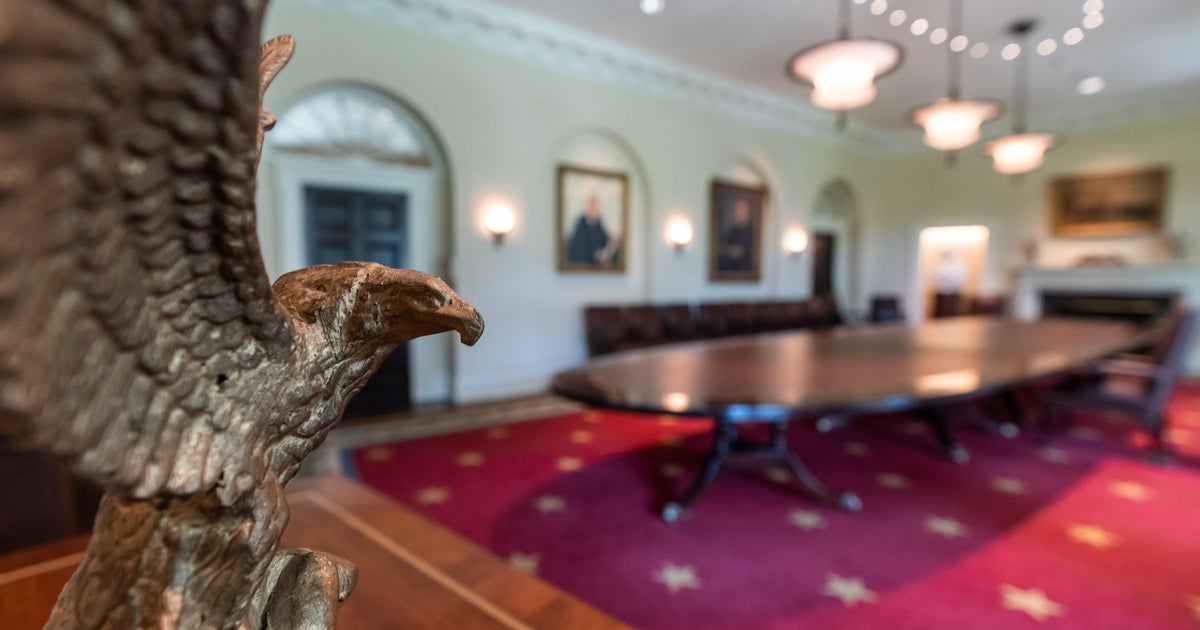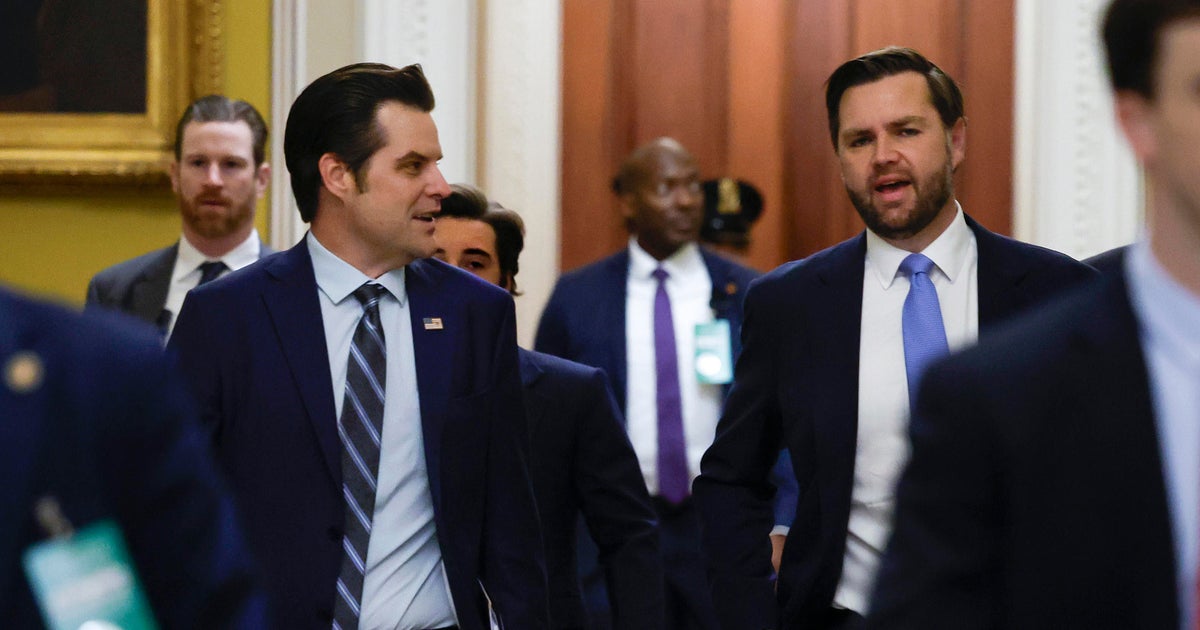Secretaries of State, Homeland Security head to Mexico
Secretary of State Rex Tillerson and Homeland Security Secretary John Kelly will spend Wednesday night and Thursday in Mexico City, meeting with government officials including Mexican President Enrique Peña Nieto.
As the first visit of US officials to the neighboring country since President Trump’s inauguration, which has strained U.S.-Mexico relations, it will be a stark reminder of the complexities that shape the relationship between the two countries. Before leaving for the trip, Tillerson met with President Trump at the White House.
These discussions could not be more timely: on Tuesday, DHS rolled out new guidelines for cracking down on illegal immigration which included making it easier for “expedited removal.” This is the latest in a series of administration policies that have offended Mexico. A new order on immigration is also expected next week.
Tillerson and Kelly are expected to dive into new border and deportation plans head on. Mexico’s Foreign Minister Luis Videgaray said on Wednesday that the new proposals will definitely be a part of a conversation. He said that Mexico will not accept new “unilateral” U.S. immigration proposals.
In board terms, according to senior administration officials, the conversation will touch upon security, especially as it relates to drug trafficking and counterterrorism. They will also discuss migration along the southern border and management of that border as well as economic relations, including trade.
The genesis of the visit can be traced back to Trump’s phone call with Pena Nieto on January 27th when they talked about working together to stop drug trafficking and other avenues of mutual interest. The conversation was a brief flash of bilateral hope. Yet just a few days later Pena cancelled his planned visit to the White House due to a tweet from Trump calling, again, for Mexico to pay for the border wall.
U.S.-Mexico relations had entered a golden hour before Trump and Pena both came into office, say experts. “What Mexico and the U.S. had been building for the last 20 years was the result of NAFTA and 9/11,” explains Arturo Sarukhan, Mexico’s former Ambassador to the US from 2007-2013.
The positive momentum grew exponentially with the 2008 Merida Initiative, a joint agreement to confront transactional crime and drug trafficking. The initiative, backed by congress and providing financial assistance directly to Mexico to combat drug trafficking, was expanded by Obama in 2011. It also allows for the financial backing of Mexican programs that help the U.S. to fend off illegal immigrants before they get to the US border.
Two people riding a tandem bike: that’s the metaphor Ambassador Sarukhan uses to describe the working U.S. and Mexico relations over the last decade. “The problem is that if one of two riders stops riding or stops pedaling both riders are going to fall and the bike is going to hit the ground,” he says. Now, he says, the U.S.-Mexico relationship is now at the lowest point since the 1980s.
Kelly gave Mexicans a hopeful sign in his confirmation hearing by endorsing the need for a dynamic approach to the US-Mexico border.
“A physical barrier in and of itself will not do the job,” Kelly told members of the Senate Homeland Security and Governmental Affairs Committee. “Certainly it has to be a layered approach.”
He added that border security “starts 1,500 miles south of the Rio Grande in the jungles of Latin America.”
DHS has increased apprehensions along the southern border in recent years. From 2015 to 2016 there was an increase of 10-15,000 apprehensions along the southern border a month, according to DHS, bringing the total a month to over 46,000 apprehensions monthly.
Yet just as important are reports that show that Mexico is also cracking down. One study by human rights groups in 2015 found that 168,000 migrants were detained in Mexico from July 2014 to June of 2015, a 73 percent increase the previous 12-month period. Many of Mexican detainees are “Golden Triangle” migrants, from Guatemala, Honduras, and El Salvador, that have bene coming to the US in recent years in higher numbers than ever before.
In public, U.S. officials have not extensively acknowledged Mexico for ramping up security and intelligence collecting. Instead, as a result of these muscular crackdowns, Mexico has been put under the limelight for human rights abuses. Amnesty International reported “frequent reports of extortions, mass deportations, kidnappings and other human rights abuses against migrants” in conjunction with the implementation of the Southern Border plan announced in 2014.
As Tillerson and Kelly sit down with Mexican officials, Mexico will have a chance to set their bargaining chips on the table in the realm of migration and border security. Alejandro Hope, a Mexican security analyst, explains that driving down Mexican efforts to stop illegals from heading to the U.S. border is one option. This would cause a nightmare for U.S, border patrol agents who already are thinly stretched.
Another possibility is refusing to participate openly with U.S. intelligence agencies regarding drug and narcotics cases. Mexico could also withhold information about non-Central American illegals that they have been sharing with the U.S. Driving a wedge into intelligence cooperation would also negatively impact Mexico but is likely to cause greater harm to the U.S.
“That could create a blind spot for the U.S.,” says Hope. He foresees this trip as an opportunity to assure fluidity of US-Mexico security cooperation.
It is important to find “soft landings” during these meetings as they will address a multitude of agendas, says Ambassador Sarukhan. These include trade, counterterrorism, climate change and a whole host of other areas for mutual benefit. Still, the possibility of the U.S. exporting non-Mexican illegal immigrants to Mexico is a barrier to these conversations -- especially if the Mexicans feel their voice is being silenced.
“I can probably guess that the response will be that Mexico cannot take undocumented immigrants from other countries, deported across the border,” explains Ambassador Sarukhan. “It is Mexico. Mexico will only take Mexican citizens deported from the U.S. across our southern border.”



